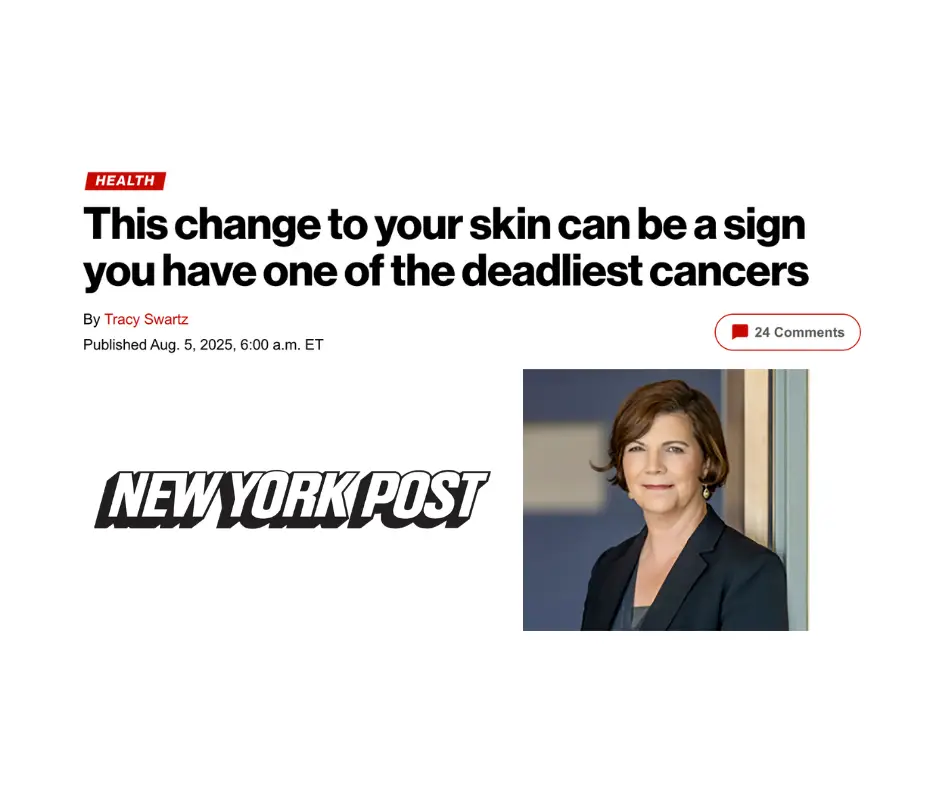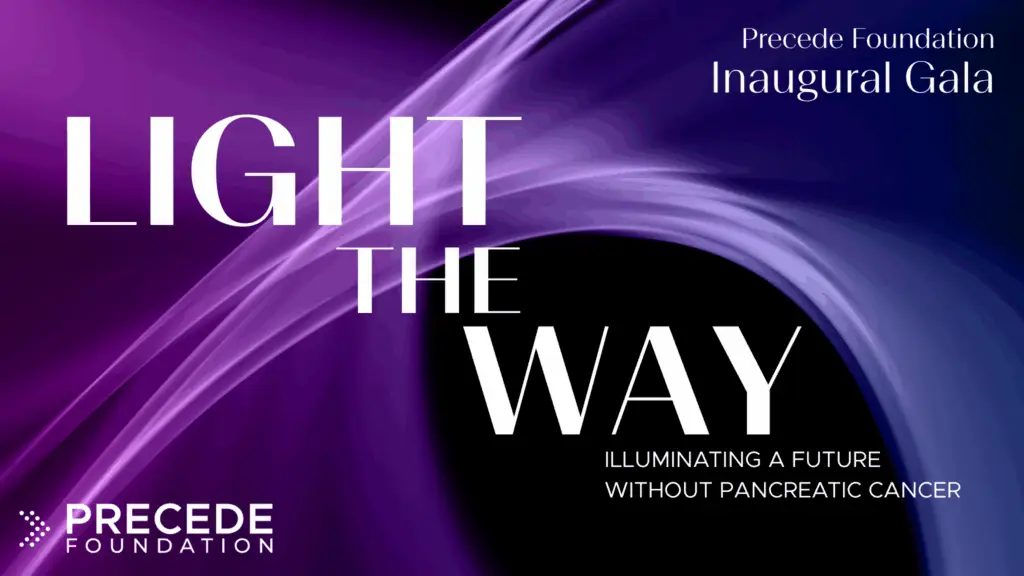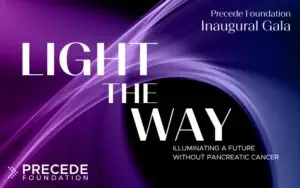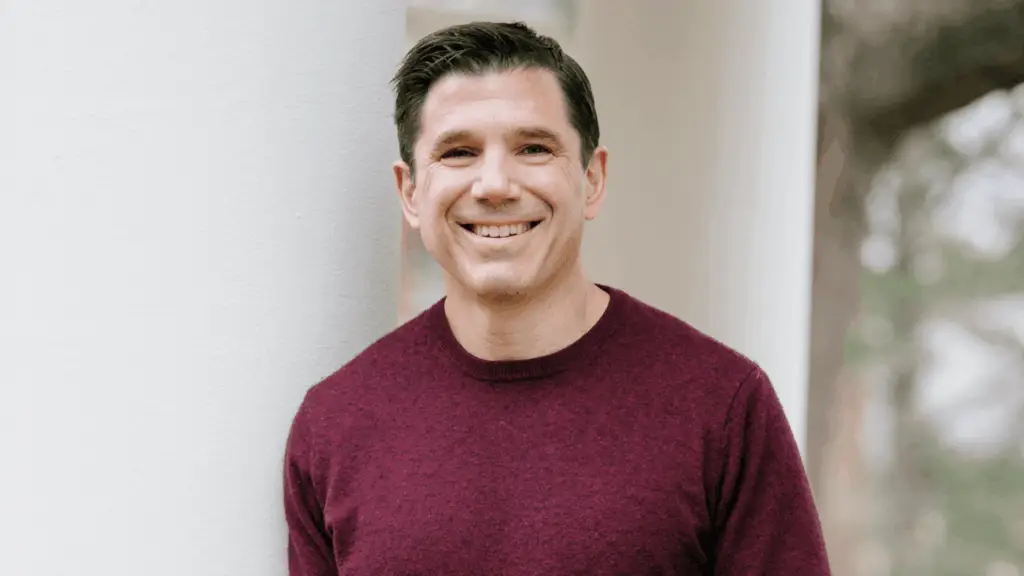The Pancreatic Cancer Early Detection (PRECEDE) Consortium is an international, multi-institutional collaborative group of experts that was established several years ago to increase survival for pancreatic cancer patients. Its mission is to increase the 5-year survival rate from 12% to 50% by improving early detection and screening for those at elevated risk of developing pancreatic cancer.
Pancreatic cancer has the highest mortality rate of all major cancers. It is currently the 3rd leading cause of cancer-related death in the United States after lung and colon and is projected to become the 2nd cause of cancer deaths by 2030. Both the incidence and the mortality figures are still steadily rising!
Sadly, pancreatic cancer still has one of the lowest 5-year survival rates of any kind of cancer, at about 12%. It’s time to dramatically increase that number.
Cancer survival rates are often measured in 5-year increments, meaning that percentage represents people who survive 5 years after their diagnosis. The good news is that the risk of cancer recurrence generally decreases over time, but it’s still different for each disease and patient.
What does the Precede Consortium do?
The Precede Consortium works collaboratively with its members and partners to advance its mission. The Precede Consortium is currently involved in several projects aimed at increasing the 5-year survival rate from 12% to 50% within the next 10 years.
TrovaNOW is raising funds for PRECEDE – an international, multi-institutional collaborative consortium of world-renowned experts in pancreatic cancer.
With over 30 leading academic medical centers across the globe, PRECEDE has assembled the largest high-risk patient cohort, with longitudinal clinical data and biospecimen acquisition and tracking.
How will we do this? Transform these rates with research, early detection, and prevention strategies for pancreatic cancer.
Pancreatic cancer survivor Jamie Brickell shares how early detection of pancreatic cancer saved his life. We are thrilled to have him currently serving on our Board of Directors!
Early detection is the biggest opportunity to address this disease. We are establishing a first-of-its-kind program for early detection and prevention. This includes a research initiative to identify biomarkers of abnormal pancreatic cells so we can intervene before they become invasive cancer cells. We’re also focusing on people who have had multiple family members with pancreatic cancer or who have mutations linked to pancreatic cancer. The goal is to develop new treatment paradigms to markedly delay or prevent the formation of pancreatic cancer in high-risk individuals.
We are proud to stand together at the edge of making a dent in pancreatic cancer and moving towards a brighter, healthier, more vibrant future. TrovaNow’s own Chief Scientific Advisor, Dr. Diane M. Simeone, MD shares more:
“Patients are counting on us to do something about this disease, it is going to be a big job. It is not just our academic institutions that are going to make this happen. This year is going to be our break-out year, so everybody get ready for the ride!”
How To Donate To Cancer Research?
This is our chance to shine a light on this misunderstood disease by coming together as a community to raise awareness. With your support and funding, we can improve research and early detection mechanisms – our greatest chance to improve survival rates.
Learn how you can be part of the revolutionary mission to increase survival rates for pancreatic cancer patients around the globe. Visit www.trovanow.org to learn how you can get involved and donate today.






